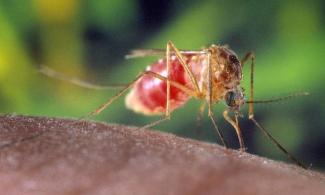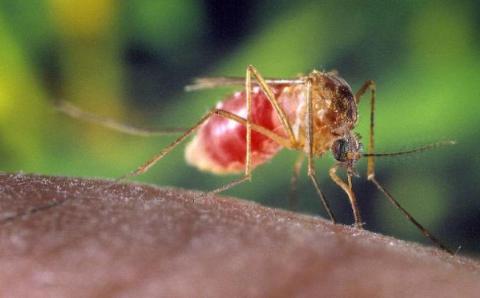
Despite progress recorded by countries in South-East Asia, Nigeria and other Africa countries are still dragging the world backwards in the fight to eliminate malaria, one of the world’s oldest and deadliest diseases that are entirely preventable and treatable.
Nigeria is again on the spotlight of global malaria burden, accounting for 27 per cent of the cases and 23 per cent of deaths, according to the World Malaria Report 2020, released by the World Health Organisation.
Despite progress recorded by countries in South-East Asia, Nigeria and other Africa countries are still dragging the world backwards in the fight to eliminate malaria, one of the world’s oldest and deadliest diseases that are entirely preventable and treatable.

The report shows that 229 million new malaria infections were recorded in 2019, while 409,000 people died of the disease with Africa accounting for more than 90 per cent of total cases and deaths.
[story_link align="left"]87352[/story_link]
WHO pointed out that the report is based on information received from national malaria control programmes and other partners in 87 malaria-endemic countries.
The breakdown of the figures in the report includes: “Twenty-nine countries accounted for 95% of malaria cases globally. Nigeria (27%), the Democratic Republic of the Congo (12%), Uganda (5%), Mozambique (4%) and Niger (3%) accounted for about 51% of all cases globally.
“About 95% of malaria deaths globally were in 31 countries. Nigeria (23%), the Democratic Republic of the Congo (11%), the United Republic of Tanzania (5%), Mozambique (4%), Niger (4%) and Burkina Faso (4%) accounted for about 51% of all malaria deaths globally in 2019.”
In a further breakdown of the cases, the report noted that in West Africa, five countries accounted for over 80 per cent of the estimated cases with Nigeria having more than half of the cases.
WHO said that better targeting of malaria interventions and resources – particularly in countries like Nigeria where the disease strikes hardest – will help speed the pace of progress towards global malaria targets.
“Increased funding is also needed at domestic and international levels, together with innovations in new tools and approaches,” WHO added.